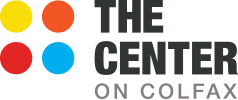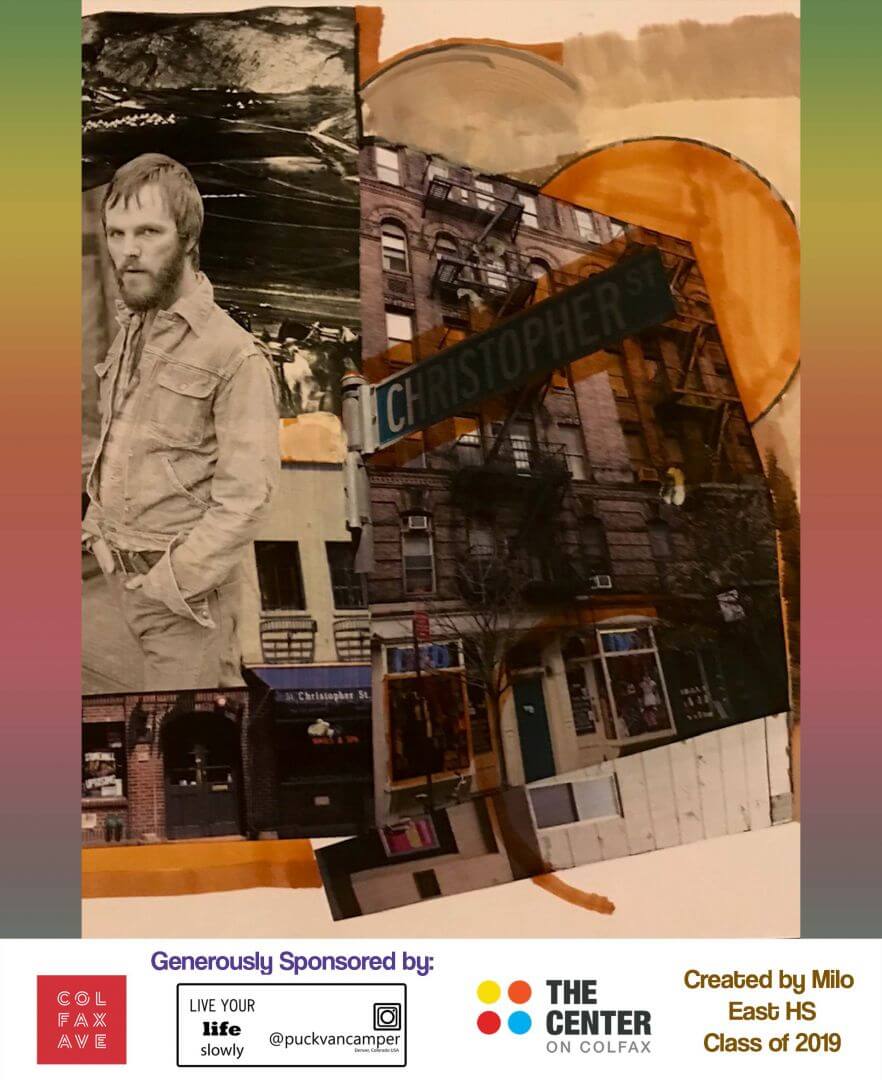Christopher Street Liberation Day
Colfax between Downing and Carona
Created By: Milo
Sponsored By: @puckvancamper
One year after the Stonewall riots, on June 28, 1970, thousands of LGBTQ people marched from Greenwich Village to the Sheep Meadow in Central Park as a protest against LGBTQ discrimination and foster pride in the LGBTQ community. This first LGBTQ pride parade came to be known as Christopher Street Liberation Day. The parade began as a protest march that was the culmination of “Gay Liberation Week,” a series of events sponsored by various groups that reportedly drew large crowds. A sister march was held the same year in Los Angeles under the name Christopher Street West. In subsequent years, similar marches and protests began to pop up in major cities throughout the country. The Mattachine Society declared that the community had found its “strength and pride” from the Stonewall Riots.
Craig Rodwell and Ellen Broidy first introduced the idea of Christopher Street Liberation Day at the November 1969 Eastern Regional Conference of Homophile Organizations (ECHO). They proposed the event in a resolution as a way to keep the events in New York and the fight for gay civil rights relevant. It passed with full support, not counting the abstention of the New York branch of the Mattachine Society. The feeling of the event was meant to be a celebration of LGBTQ resistance. In fact, people were urged to boycott the mafia-controlled Stonewall Inn after the riots, and instead emphasize the claiming of space by LGBTQ communities and the struggle for LGBTQ liberation happening in the streets.
Three years after the initial rally, at the 1973 incarnation, Sylvia Rivera took the stage in what would become an infamous moment in LGBTQ history. Rivera hustled in the streets with her long-time friend Marsha P. Johnson to help fund their activist group Street Transvestite Action Revolutionaries (STAR). In the four years since the riots at the Stonewall Inn, Rivera had become very upset with the fact “that she and her drag queen, homeless gay youth, and sex worker friends were being pushed out of the movement they helped to create.” It was Rivera’s desire to keep these groups, along with prison inmates and people of color, from being erased in the narrative of “gay liberation.”
At the 1973 Christopher Street Liberation Day Rally, Rivera decided to take action by storming the stage and taking the microphone from emcee Vito Russo. Later on, Rivera would recall being hit and punched on her way to the stage. Some reported that Marsha P. Johnson joined her friend on stage. During her speech, Rivera encouraged those attending the rally to stand up for those exposed to police brutality and incarceration for being gay; she warned that not doing so was causing a rift in the community. The crowd began to boo, which only made her speak louder. Eventually Rivera was removed from the stage. Jean O’Leary, of the Lesbian Feminist Liberation faction of the Gay Liberation Front, eventually got the microphone and promptly called Rivera “a man” and insulted all transgender women by referring to them as “drag queens” and “female impersonators.” O’Leary, one of the founders of National Coming Out Day, later stated she regretted her earlier statements about transgender women.

